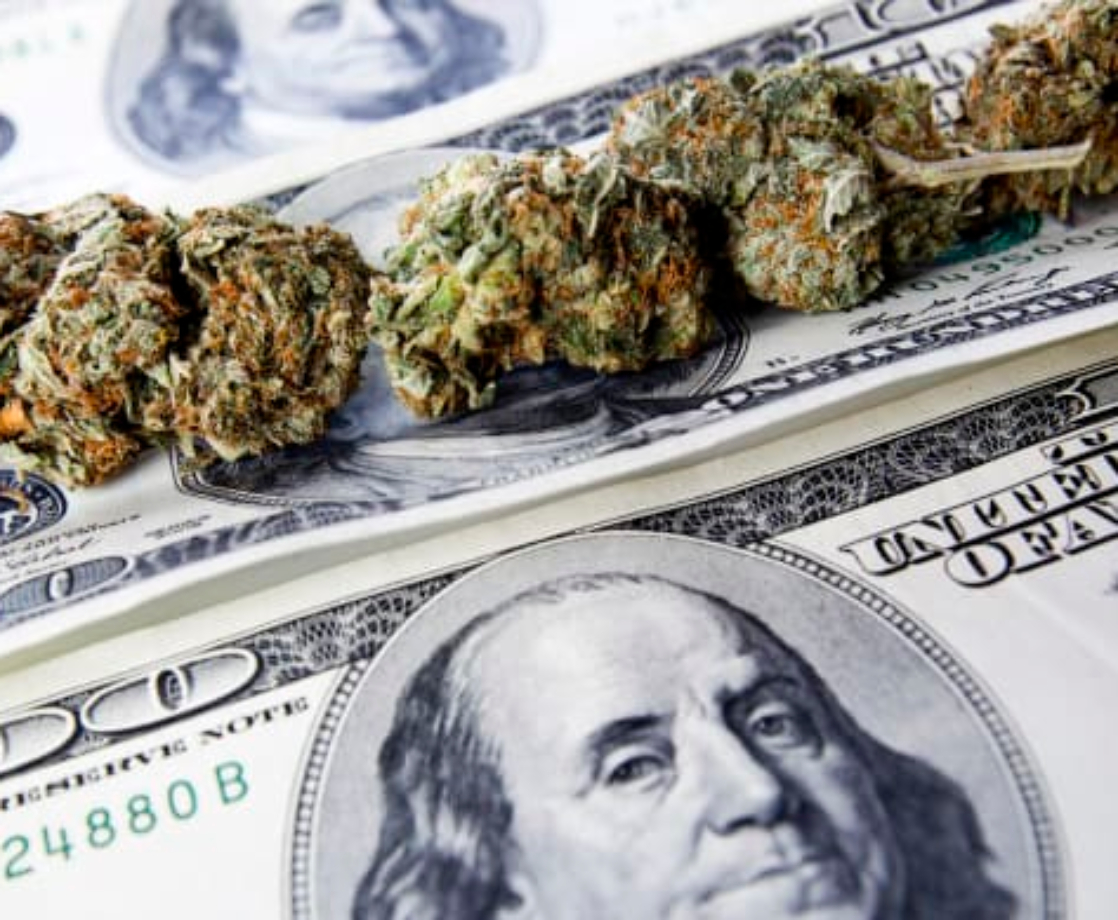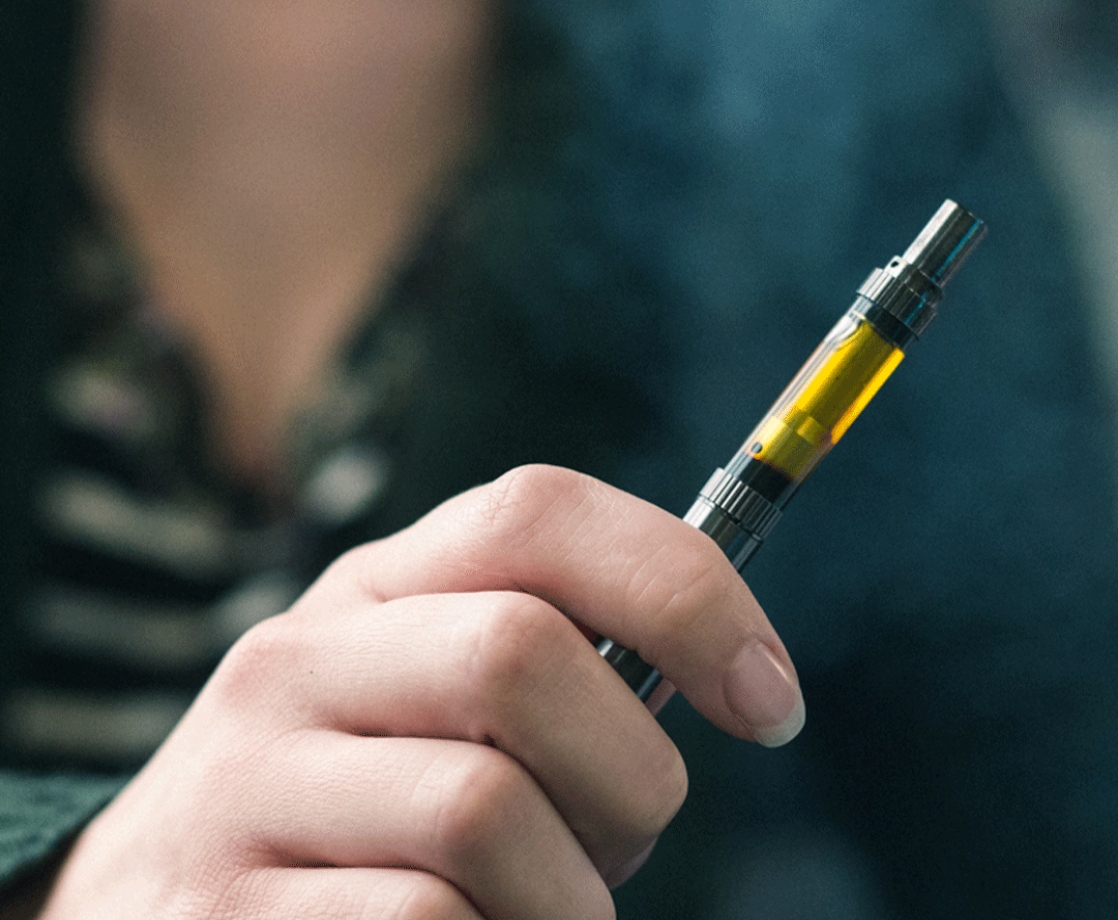Three American cannabis CEOs and a pot investor think that weed could save the economy, which tanked after the COVID-19 pandemic hit the US.
On Sunday, the heads of the licensed cannabis companies Curaleaf, Green Thumb Industries, and Cresco Labs, as well as an investor in the cannabis space, spoke with CNBC about the nation’s nascent marijuana industry and how it presents unique economic opportunities — ones that are non-existent in other mainstream industries.
“When we all start to be able to lift our heads from this COVID experience, we are going to be faced with a scenario where a lot of jobs have gone away, a lot of economic development impact has disappeared,” Charlie Bachtell, the CEO of Cresco Labs, told CNBC. “How are we going to bring that back? I think cannabis has to be part of that discussion.”
In the past month, state-ordered lockdowns and social distancing rules hit the US economy hard. Businesses depend on people spending money, and with everyone forced to stay home, the economy came to a grinding halt. As of last week, at least 22 million Americans filed for unemployment since March 14, and experts believe the national unemployment rate is hovering around 13.5 percent. When the Great Recession struck in 2008, the unemployment rate peaked at only 10 percent.
In other words, all of the new job gains made under Trump’s presidency were wiped out in a matter of weeks. Stock prices lost half their values initially, but have been slowly, but steadily, climbing back up.
So, here’s how making weed legal at the federal level could fix some of this financial madness caused by COVID-19.
In the US, weed is worth just over $53 billion. That figure includes weed sold illicitly through the underground markets and sold legally through state-licensed pot shops. A mere $7 billion of that total comes from legal weed sales, meaning prohibition states and the federal government are losing a shit-ton of money every second they don’t legalize marijuana.
And last year, the state-legal weed industries created 76 percent more job openings than they did in 2018. Imagine if that figure applied to every US state and even some federal employment positions.
The numbers could propel the marijuana movement to a momentum never before seen in the US. While businesses are certainly hurting right now, state and local governments, and even the federal government, will soon experience a severe lack of tax funds, too.
“One of the programs by the federal government right after the Great Depression was to focus on tax revenue generation,” Boris Jordan, the Executive Chairman at Curaleaf, said to CNBC. “They lifted prohibition on alcohol and therefore started to tax it — and it became a major revenue generator for both the federal and the local governments around the country.”
Weed isn’t just a job creator and a tax revenue generator, it could be recession-proof under the right conditions, too. Some states, such as California, Oregon, and Arizona are seeing higher-than-average sales trends during the coronavirus crisis. Weed markets in other states, such as Washington and Colorado, haven’t fared as well, but they’re still open for business.
Eight US states deemed marijuana as an “essential” or “critical” item alongside food and medicine, meaning pot shops could remain open in those areas during state-ordered lockdowns. Hopefully, by the next time another disaster hits America and shuts down the entire country, every state will consider marijuana essential.











